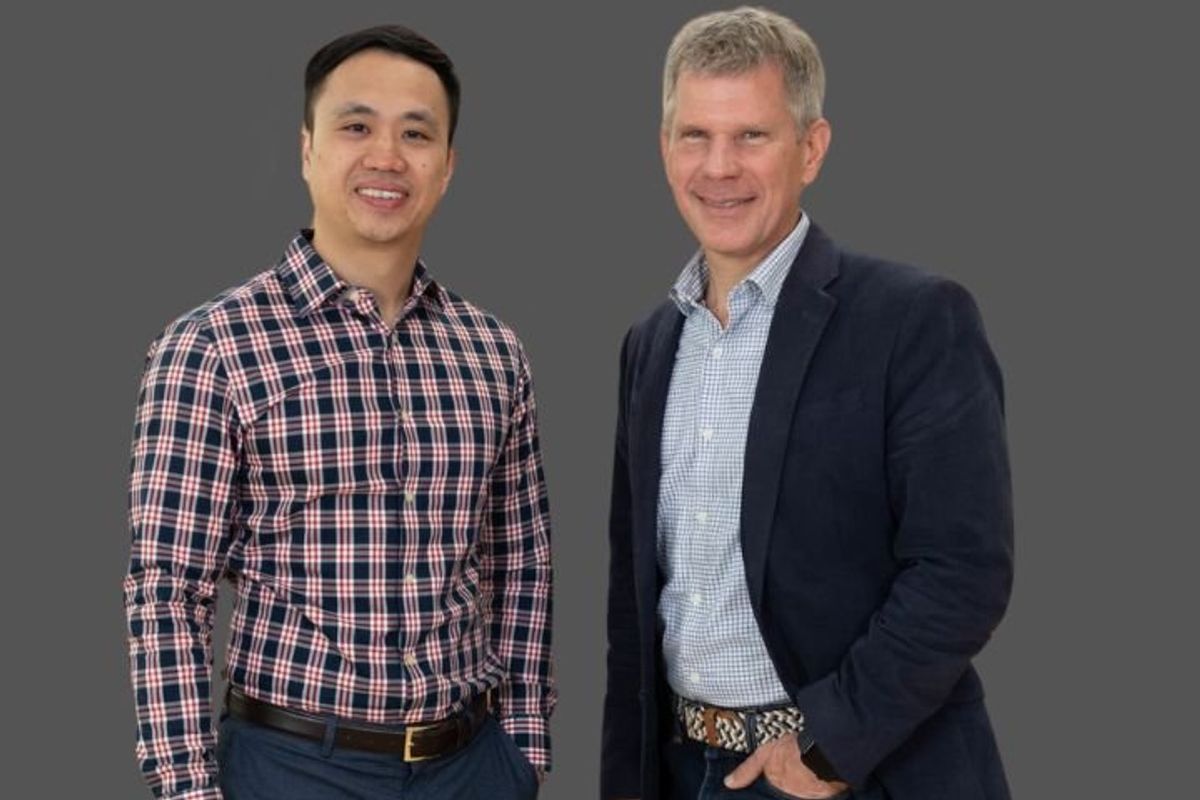Houston company wins AHA competition for pediatric heart valve design
winner, winner
Houston-based PolyVascular, which develops minimally invasive solutions for children with congenital heart disease, was named the overall winner of the American Heart Association’s annual Health Tech Competition earlier this month.
The company was founded in 2014 by Dr. Henri Justino and Daniel Harrington and was part of TMCi's 2017 medical device cohort. It is developing the first polymer-based transcatheter pulmonary valve designed specifically for young children, allowing for precise sizing and redilation as the child grows while also avoiding degradation. PolyVascular has completed preclinical studies and is working toward regulatory submissions, an early feasibility study and its first-in-human clinical trial thanks to a recent SBIR grant from the National Heart, Lung, and Blood Institute.
With the new AHA honor, PolyVascular will be invited to join the association’s Center for Health Technology & Innovation Innovators’ Network, which connects entrepreneurs, providers and researchers to share and advance innovation in cardiovascular and brain health.
“This is a tremendous honor for PolyVascular—we’re especially proud to bring hope to families and children living with congenital heart defects,” Justino said in a news release. “Our technology—a minimally invasive valve that can be expanded over time to grow with the child—has the potential to dramatically reduce the need for repeated open-heart surgeries.”
The Health Tech Competition is a live forum for health care innovators to present their digital solutions for treating or preventing cardiovascular diseases and stroke.
Finalists from around the world addressed heart failure, hypertension, congenital heart defects and other issues that exist in cardiovascular, brain and metabolic health. Solutions were evaluated on the criteria of validity, scientific rigor and impact.
The judges included Texas-based Dr. Eric D. Peterson, professor of medicine in the division of cardiology at UT Southwestern Medical Center, and Dr. Asif Ali, clinical associate professor of cardiovascular medicine at the University of Texas Medical School in Houston and director at Cena Research Institute.
According to the American Heart Association, nearly half of U.S. adults live with some form of cardiovascular disease or stroke.
“The American Heart Association plays a pivotal role in advancing innovative care pathways, and we’re excited that our solution aligns with its guidelines and mission,” Justino said in a news release. “It’s time these life-changing technologies reach the youngest patients, just as they already do for adults.”

 Tho Tran (left) and Bradley McConnell are professors at UH. Photo via UH.edu
Tho Tran (left) and Bradley McConnell are professors at UH. Photo via UH.edu